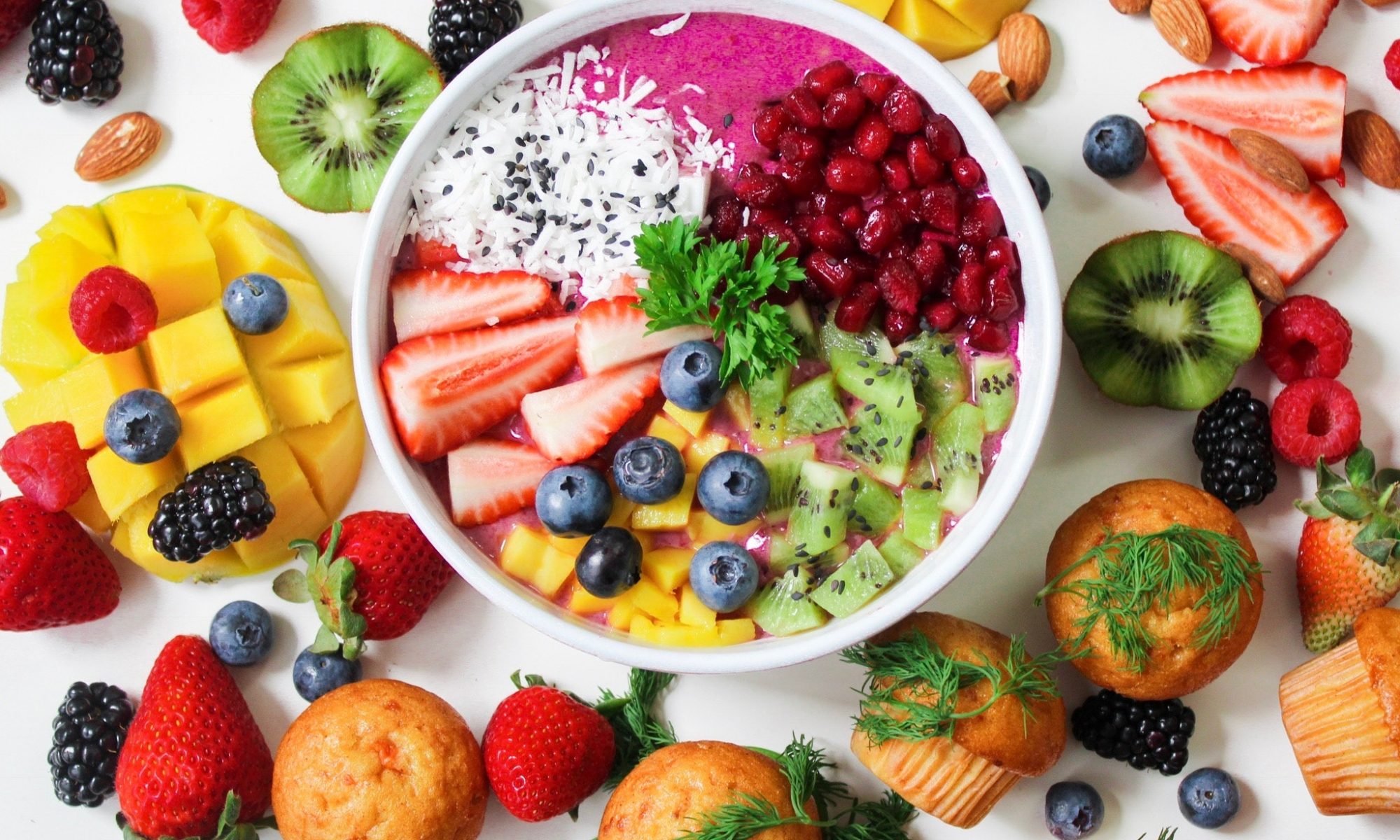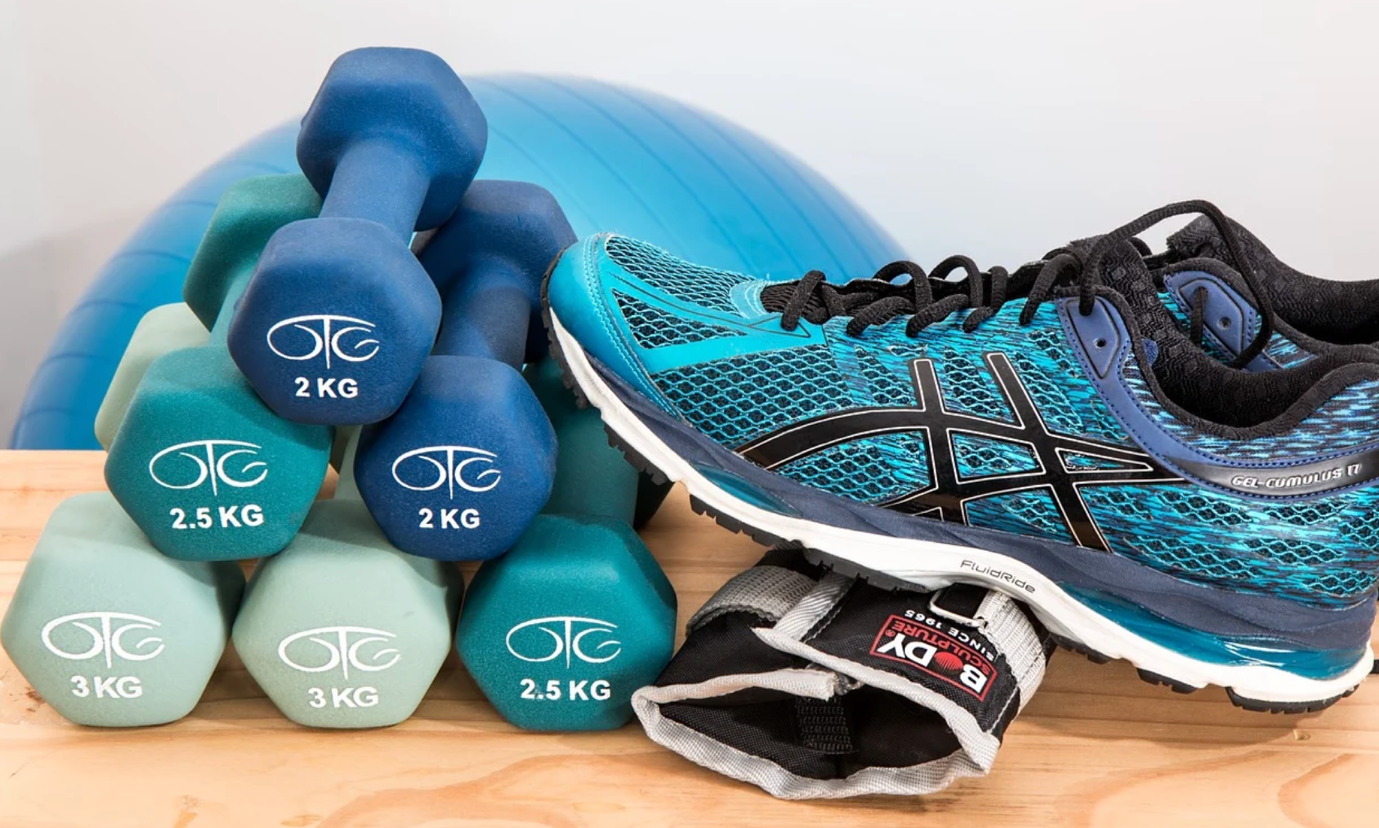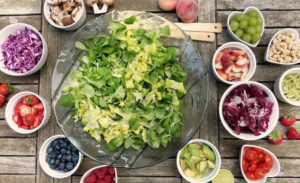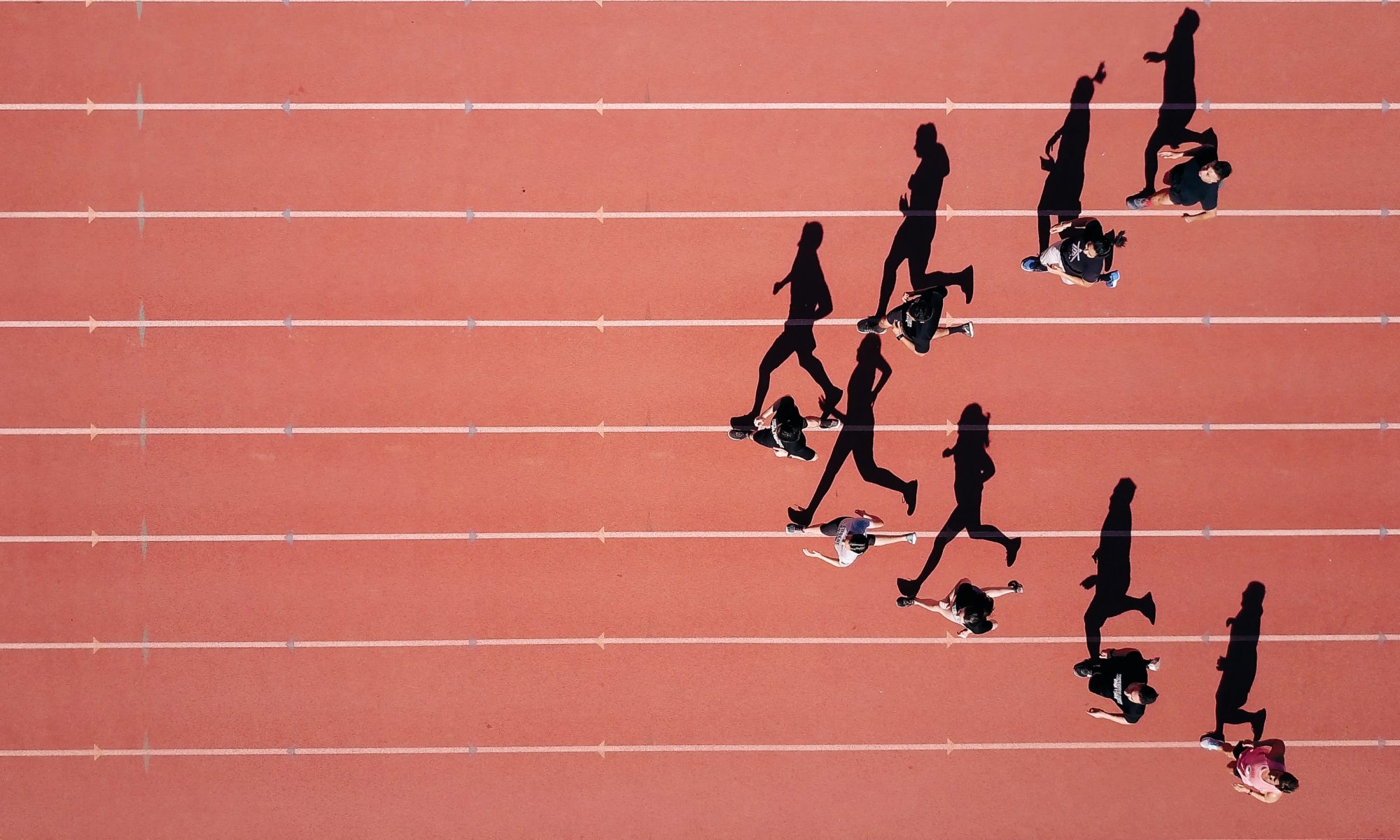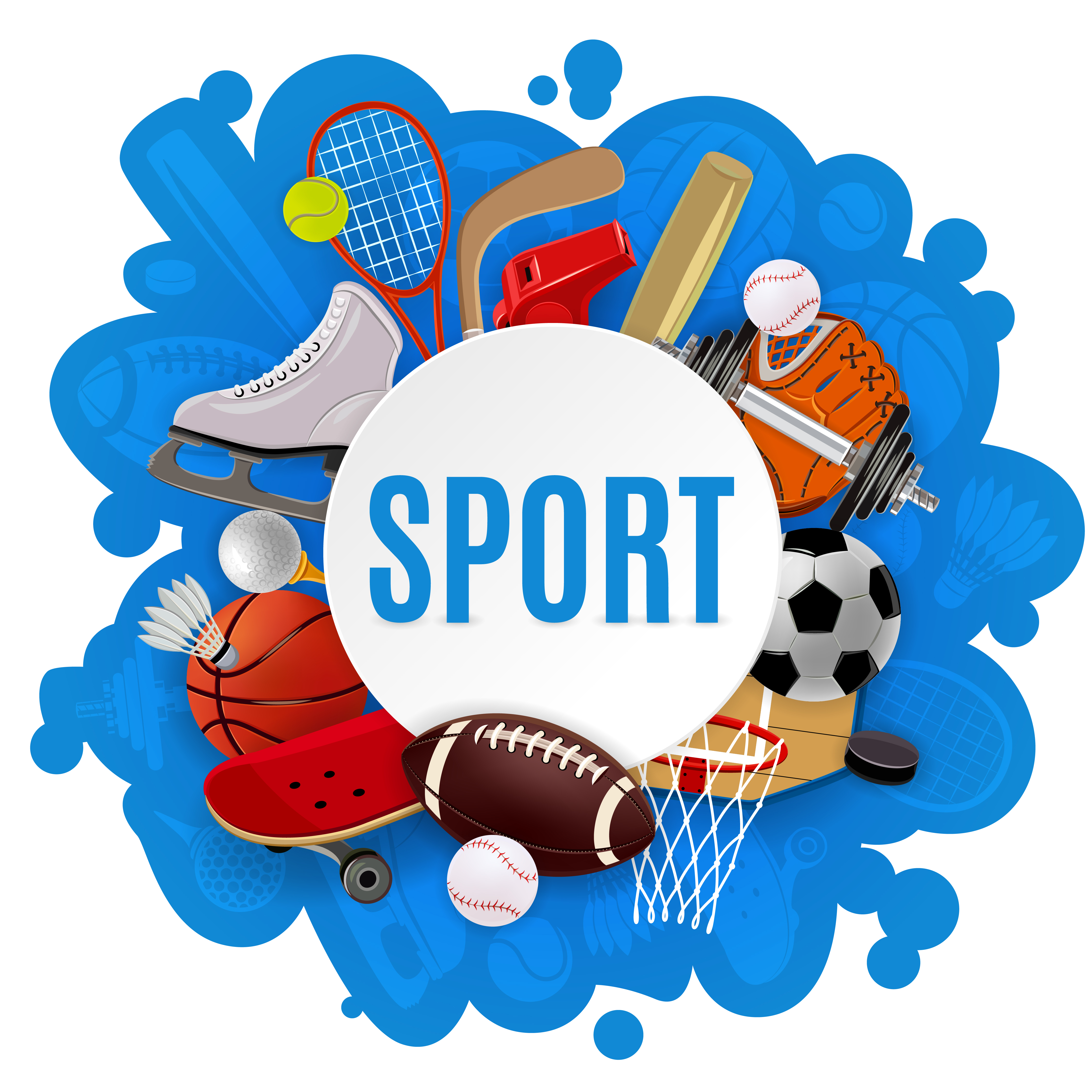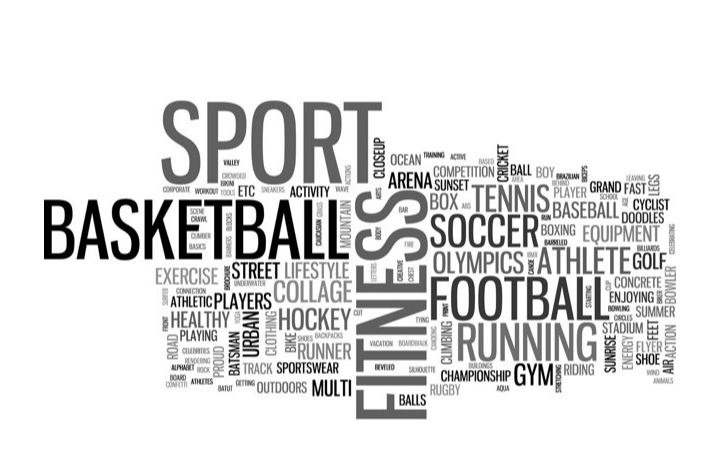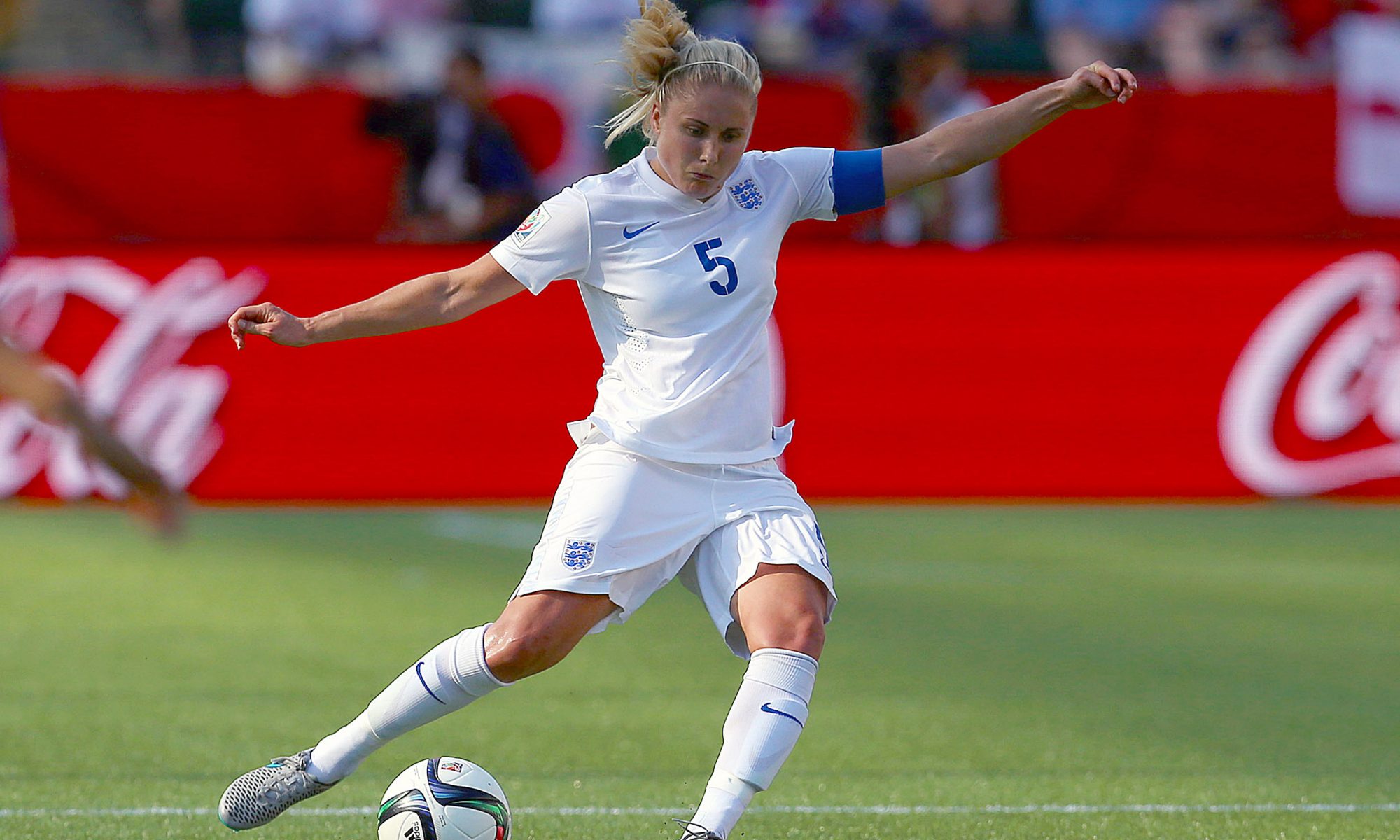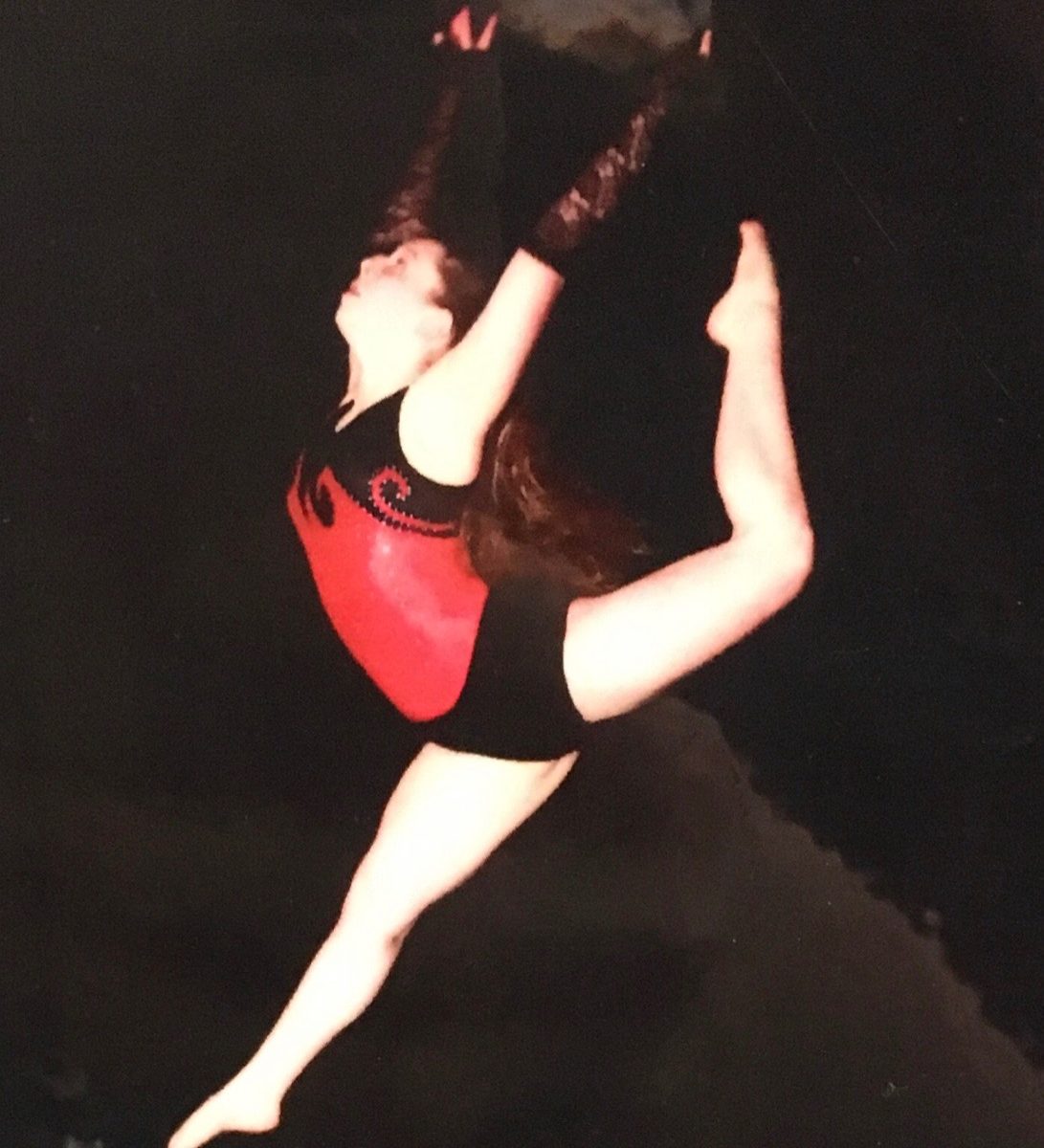Miss Coutts-Wood, Director of Sport at WHS, reflects upon the impact of the pandemic on the provision of sport during Guided Home Learning and looks at the mental health benefits that can be gained from participating in exercise.
The pandemic really has been a leveler. Impacting all schools, regardless of their sporting prowess or previous victories; Covid-19 has not discriminated. State or private, boarding or day, acres of immaculately manicured playing fields or no onsite facilities to your name, all PE Departments have had to suspend fixtures, modify training and see their staff take on the role as Wicks impersonators. An obviously practical subject, PE was cast under an intense spotlight as the importance of the physical and emotional benefits of Sport were once again well versed by the press.
As a department, we knew we needed to keep up fitness, maintain skill level and preserve morale, all from across Teams. We found new ways to motivate, to inspire and to keep the WHS community active during GHL. The Rowers baked (competitively of course), drew shapes with their Strava runs and took up yoga, the Junior Swimmers taught their teddies to dive in the bath and the Netballers spent most of their season on the floor of their living room honing their core strength for when they return to court! Whatever the exercise, we all know sport plays an important role contributing to personal growth, helping foster friendships and allowing a much-needed break away from the inevitable increased screen time that GHL created. As staff, we really focused our energy during Strong Body Strong Mind week, to reinforce the message that exercise comes in all shapes and sizes; physical activity can be bespoke and tailored to suit individuals, time frames, fitness levels, space and motivations. We really hope that this message has been taken on board by all pupils, staff and parents, regardless of sporting background.
Despite the challenges we all faced, we must reflect on the time that we had to focus on different aspects of our usual sports provision; we collaborated with schools outside of our weekly fixture programme (King’s in the Battle of Wimbledon, NHEHS with our Hockey and Netball workshops), we joined together for the Community Morning Energizers (reminding ourselves how much joy can be gained from dancing along to Cha-Cha Slide at 8am), and we had time to pick and choose which aspects of getting physically active we enjoy the most.
Despite the time to reflect and the greater appreciation of in–person sport, as Physical Educationalists and Coaches, being back in person with the girls and having the ‘buzz’ of in-person sport return to Nursery Road cannot be underestimated. Risk Assessment and equipment cleaning has been crucial to a safe return to sport and with this necessity aside, being back together has reinforced the absolute joy that each one of us takes in our job! Mrs Salt was particularly thrilled that her online dance choreography was translated into a very competent performance by her Year 7 class once we returned in March. This was a good reminder of what a success GHL provision had been but also of the joy of being back in person. If we needed further reminders, we all like to think we’re marginally savvier with digital technology than we were this time last year too.
It’s important that we remind ourselves that Sport really does matter. The positive physical impact of exercise has been well documented, but we must not forget the emotional and mental health benefits that can be gained from participating too – a reminder of some of these benefits are summarised below:
Emotional and Mental Benefits of Physical Activity
Manage Anxiety and Stress – in these uncertain times, what could be better than embarking on an activity known to decreases tension and help relaxation? Whether jumping on a trampoline or going for a cycle ride, activity can be an excellent distraction and means of escapism. Physical activity can also help to relax muscles, particularly in neck which is so important while we spend so many hours in front of screens.
Boosting Resilience – we have certainly all had to be resilient, responding to uncertainty and change over the last year. Exercise and physical activity can be a proactive way to help us develop our grit, determination and mental fortitude. Why not challenge your whole family to see who can hold a plank for the longest?
Enhance self-confidence – physical activity can be a great way to enhance your self-belief by accomplishment during exercise.Perhaps set yourself a summer term goal – you’ll feel so satisfied after you have achieved it.
Improve Mood, Concentration and Memory – the endorphin boost we get from the additional hormones released as a result of exercise such as norepinephrine, serotonin and dopamine can make us feel amazing! So, I urge you to get out into the fresh air after school this week and find out for yourself!
Belonging – the feeling of connection by dog walking with family members, sharing a common goal of half-marathon training with your friend, or the camaraderie you get from hitting a tennis ball with some friends in a local park. Another one of the joys of exercise.
There is no right or wrong way to exercise. Relish the enjoyment of the face-to-face interaction and the community that sporting opportunities can create, or value the challenge and perseverance from overcoming a personal goal or reap the rewards from competition against others. Just ensure that whatever form the exercise takes, you carve out time for yourself to find movement that you love and that makes you happy. Over the past two weeks, I’ve been back on the tennis court, had a very chilly swim at my local lido and paddle boarded in the sea, all of which have been wonderful and make a refreshing change from running and online yoga sessions.
The recovery of sport across the country is not likely to be smooth and no doubt there will be many more adaptations to training schedules and fixture programmes in the future to help accommodate social distancing guidelines, however, what we can be certain of is that the love and passion that the community of WHS has for sport is stronger than ever. Sport matters.
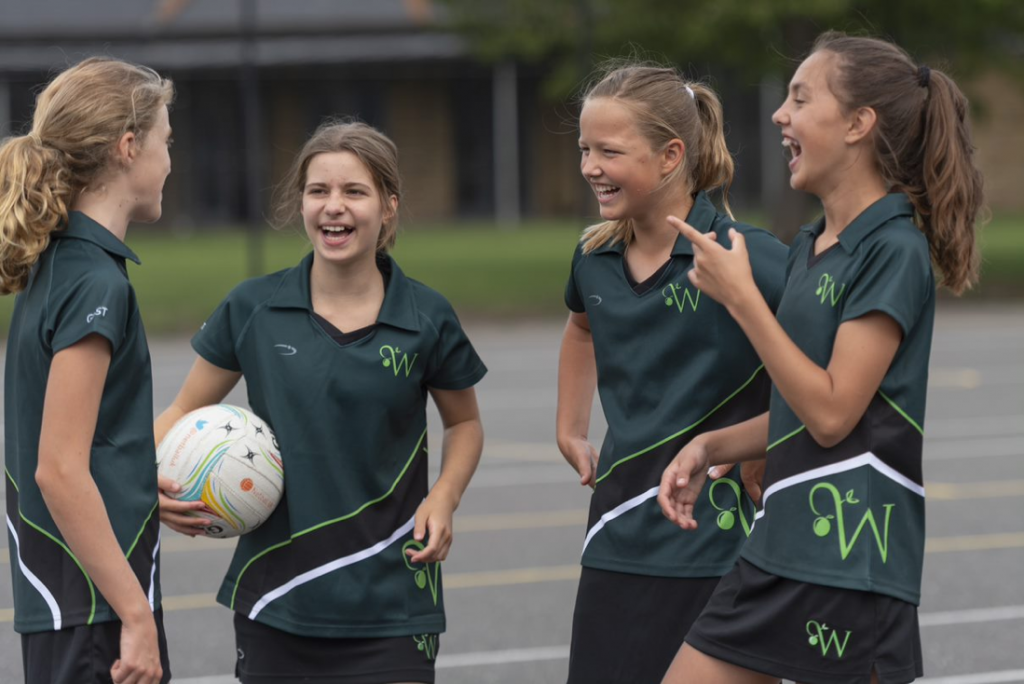
References
Heisz J, Clark I, Bonin K, et al. The effects of physical exercise and cognitive training on memory and neurotrophic factors. J Cogn Neurosci. 2017;29(11):1895-1907.
Ratey, J. J. and Hagerman, E. (2008). Spark. London, Quercus.
Roman-Mata, S S. Putertas-molero, P. Ubago-Jimenez, J L. and Gonzalez-Valero, G. (2020). Benefits of Physical Activity and Its Associations with Resilience, Emotional Intelligence, and Psychological Distress in University Students from Southern Spain. International Journal of Environmental Research and Public Health, [online] 17(12), 4474. Available at: https://www.mdpi.com/1660-4601/17/12/4474/htm

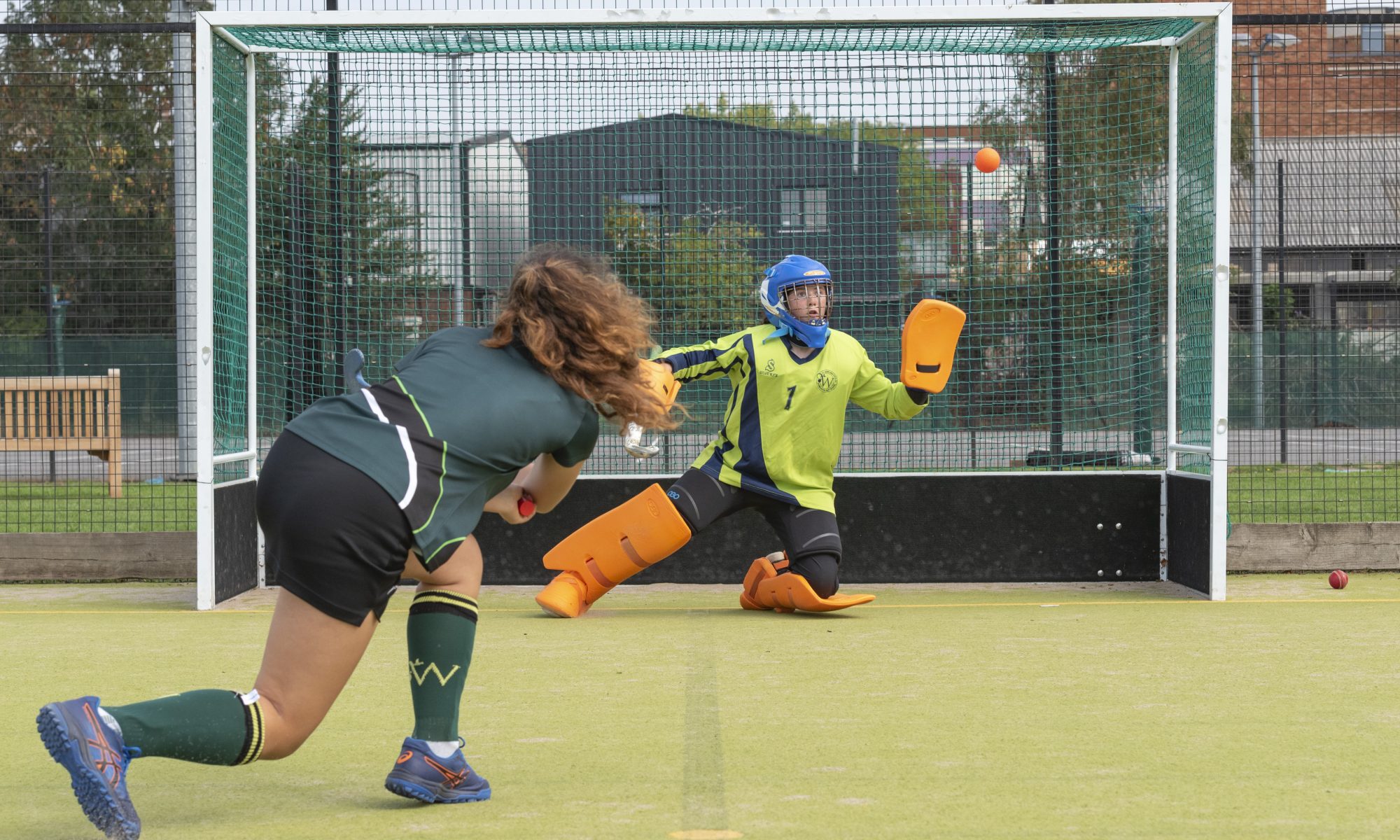
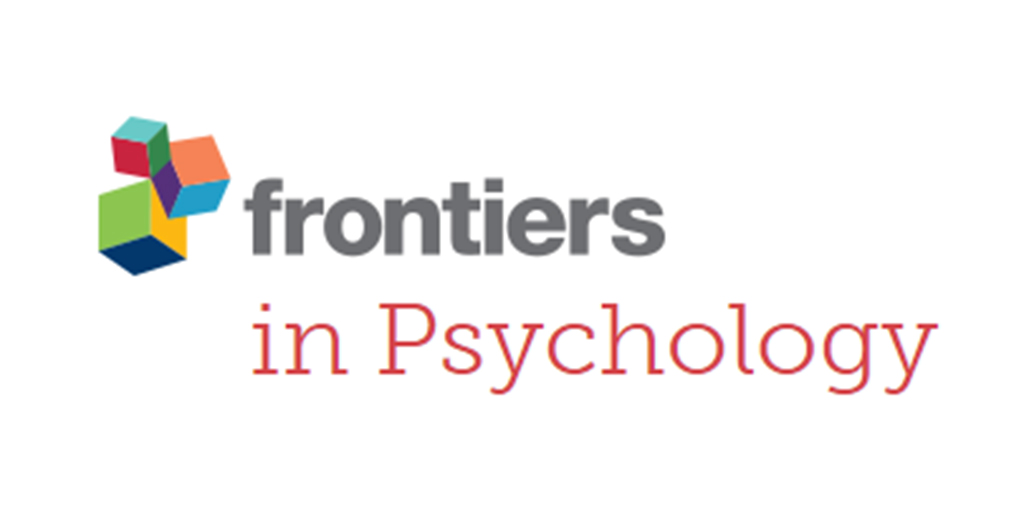
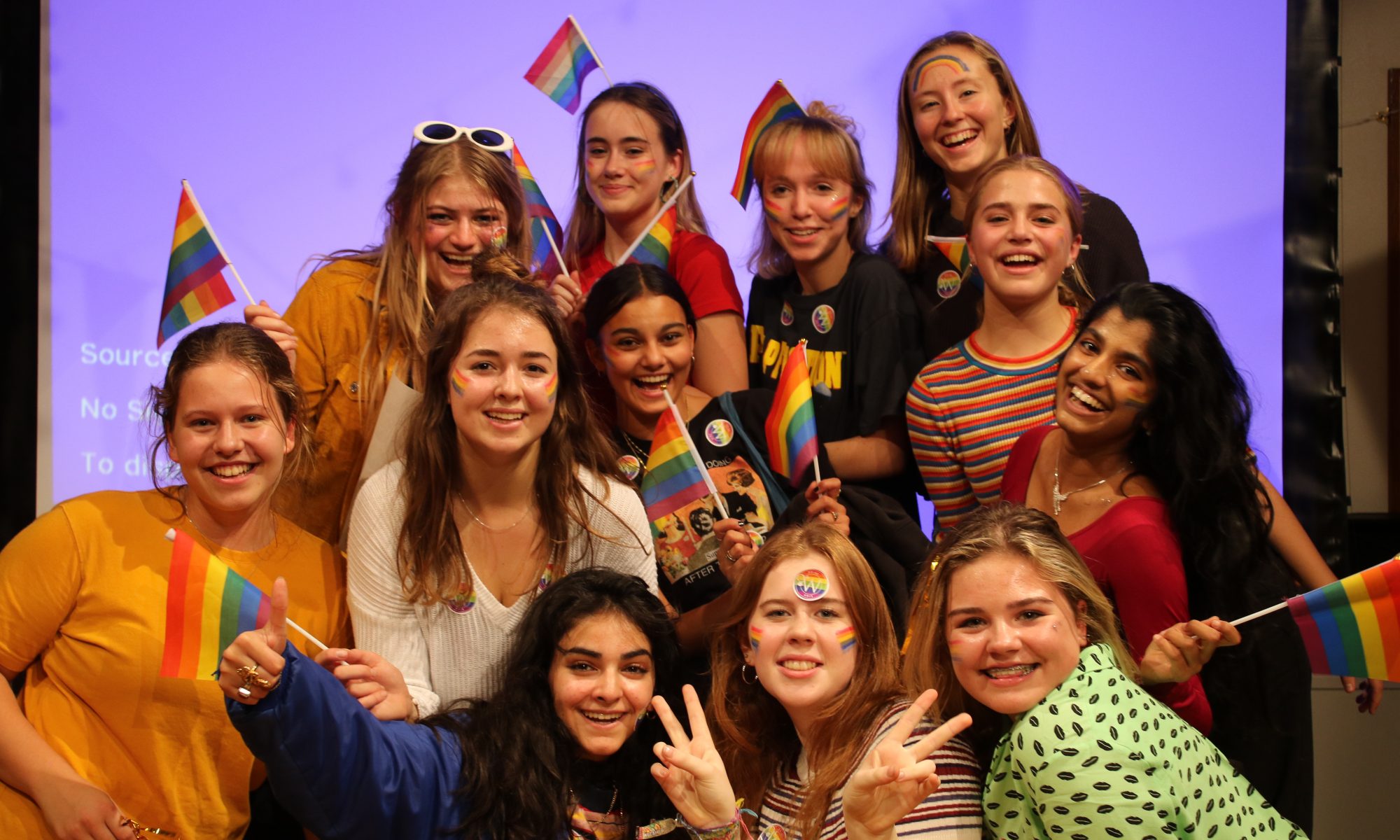
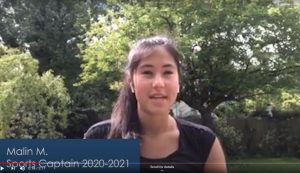 As sports captain for this coming academic year, I am absolutely thrilled to be back as a sporting community. In terms of the aims that I (and the P.E department) have, we really want to place an emphasis on instilling a strong sense of camaraderie between everyone. Excitingly, despite the tightened rules and regulations, we will be back into teams and squads (e.g. netball, hockey, rowing, swimming etc…) which I’m sure will be very fun for everyone involved (albeit that no external fixtures will be taking place).
As sports captain for this coming academic year, I am absolutely thrilled to be back as a sporting community. In terms of the aims that I (and the P.E department) have, we really want to place an emphasis on instilling a strong sense of camaraderie between everyone. Excitingly, despite the tightened rules and regulations, we will be back into teams and squads (e.g. netball, hockey, rowing, swimming etc…) which I’m sure will be very fun for everyone involved (albeit that no external fixtures will be taking place).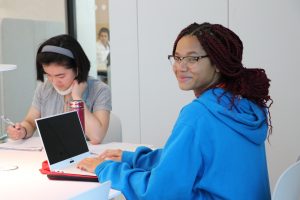 As Admissions Ambassador my aims for this year include: improving the buddy system by getting the new girls and the girls present in the school to write interests and pair the girls using similar interests, have more conversations with girls about to go into year 12 to help them prepare for the jump from GCSE to A Levels and set up a society for girls joining the school to help them feel more comfortable in their first few weeks at WHS.
As Admissions Ambassador my aims for this year include: improving the buddy system by getting the new girls and the girls present in the school to write interests and pair the girls using similar interests, have more conversations with girls about to go into year 12 to help them prepare for the jump from GCSE to A Levels and set up a society for girls joining the school to help them feel more comfortable in their first few weeks at WHS.
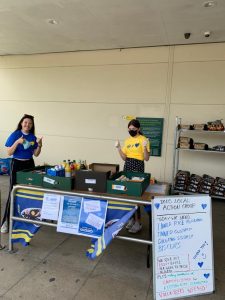 The world as we know it has been turned upside down, in unimaginable ways over the past 6 months. Major charitable events (including the London Marathon and Glastonbury!) were cancelled, causing thousands of charities around the country to lose millions of pounds.
The world as we know it has been turned upside down, in unimaginable ways over the past 6 months. Major charitable events (including the London Marathon and Glastonbury!) were cancelled, causing thousands of charities around the country to lose millions of pounds.